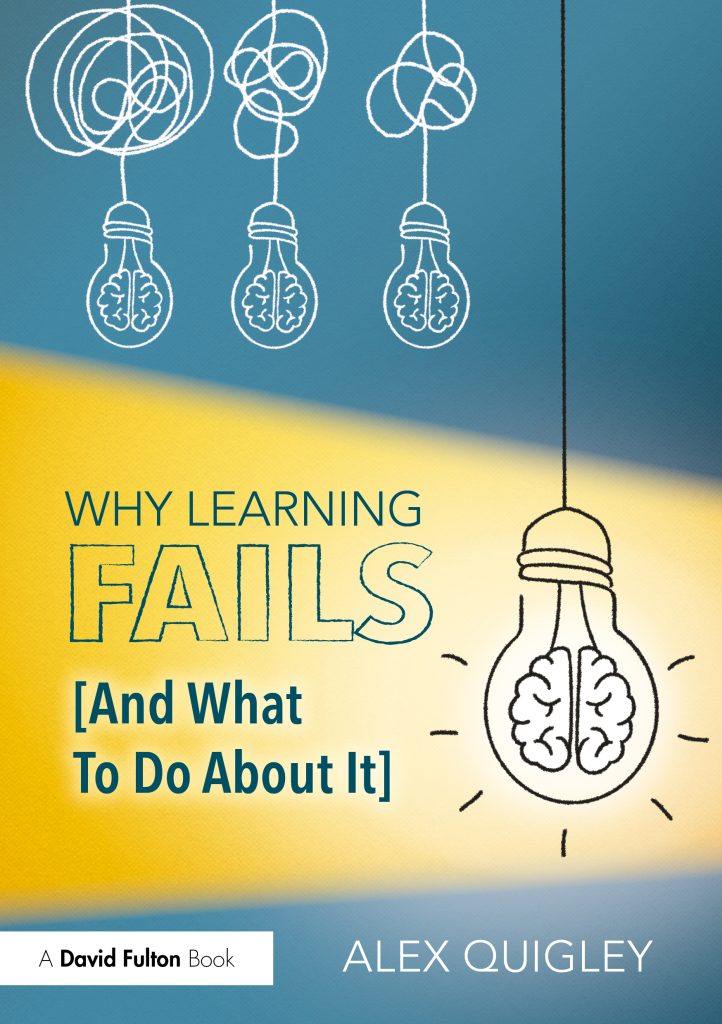Teachers in England spend hours marking pupils’ work and in the final mile run up to national exams teachers are often exhausted by their efforts. A key challenge appears to be how we ensure pupils work just as hard as their teachers and taking responsibility to manage their own learning.
Common issues I hear regularly from teachers:
“My pupils make so many mistakes, I don’t know where to start with exam targets.”
“He can give detailed answers, but it is full of issues.”
“They just don’t seem to have the motivation to improve their work or revise well.”
The emphasis is too often on what the teacher can do, not what responsibility the pupil has to show. So, how do we get pupils to take over responsibility for their learning in the final mile?
If just one or two strategies pay off, it may make a valuable difference in that final mile.
Strategies to support the final mile of exam prep
When it comes to GCSE/A level mock exams, or SATs, where possible, we need to follow Dylan Wiliam’s dictum and “improve the learner, not the work”. But what does this look like in practical terms?
“Improve the learner, not the work.”
Dylan Wiliam
Here are 6 strategies to promote self-regulated learning, whereat pupils own their own final mile, scaffolded by targeted support:
- Self-regulated timing. Often, even mature pupils don’t have a strong sense of exam timing or their own writing ability. A helpful nudge is to practise to see how many words/paragraphs/answers pupils can write in 1 minute / 5 minutes / 15 minutes. Faced with a few minutes left in a pressured exam, it may help them choose the right strategy to use their time wisely.
- Key wording exam answers before writing. Pupils can too often avoid planning in exams. For those pupils, but not exclusively, we want to slow them down and get them to think hard about a response. Simply writing 1 or 2 (or 4 or 5 key words for an extended response) key words before they commit to an answer can help them mentally plan a response. This can be practised during revision with little effort but potential of good rewards.
- Create a bank of sentence signposts. Lots of exams (particularly GCSEs and A levels) require extended writing with a common bank of ‘sentence signposts’ proving valuable. For example, ‘evaluate’ questions, in religious education or government and politics, require phrases like ‘on the other hand’ and ‘conversely’, or ‘in conclusion’. It’s pretty formulaic stuff. A common bank of signposts, practised during the final weeks, can offer a timely reminder to build academic responses under pressure.
- Codify exam editing. What exactly should a pupil do with the final five minutes of an exam to improve their work? For exams with any extended writing, re-reading, then editing and revising their answers can offer vital last-minute gains. However, too often, pupils squander the time. We can work with pupils to devise a clearly codified checklist of exactly what editing they should prioritise (e.g. adding information; reading sentences for sense; or checking spelling etc.).
- Reverse plan model answers. Pupils typically get lots of exam practice. But they can still offer paltry planning. We can flip the routine of showing them worked examples, and instead get them to reverse plan those model exam answers we shared. What did that student plan? How detailed was it? What were those crucial reminders? This can help pupils better appraise their own habits and responses, without the noise of them getting things wrong or getting a grade.
- Replace exam rubrics with pupil-specific checklists. I seldom see a rubric well understood and well used. All the efforts over ‘pupil friendly language’ miss the point that pupils still don’t use or understand them. Instead, we can get pupils to generate their own checklists for exams and specific answers. It keeps it simple and clear: what do they need to know and do?
Teachers will continue to work brilliantly hard in the coming weeks. Kudos to everyone and your amazing work. Let’s try every strategy to ensure every pupil works just as hard so that they can get their just rewards.
…
[Image via Jack Hynes: https://www.flickr.com/photos/jackhynes/366958167]
My new book, ‘Why Learning Fails (And What To Do About It)’, is now available for pre-order. Check it out on Amazon HERE.







Comments